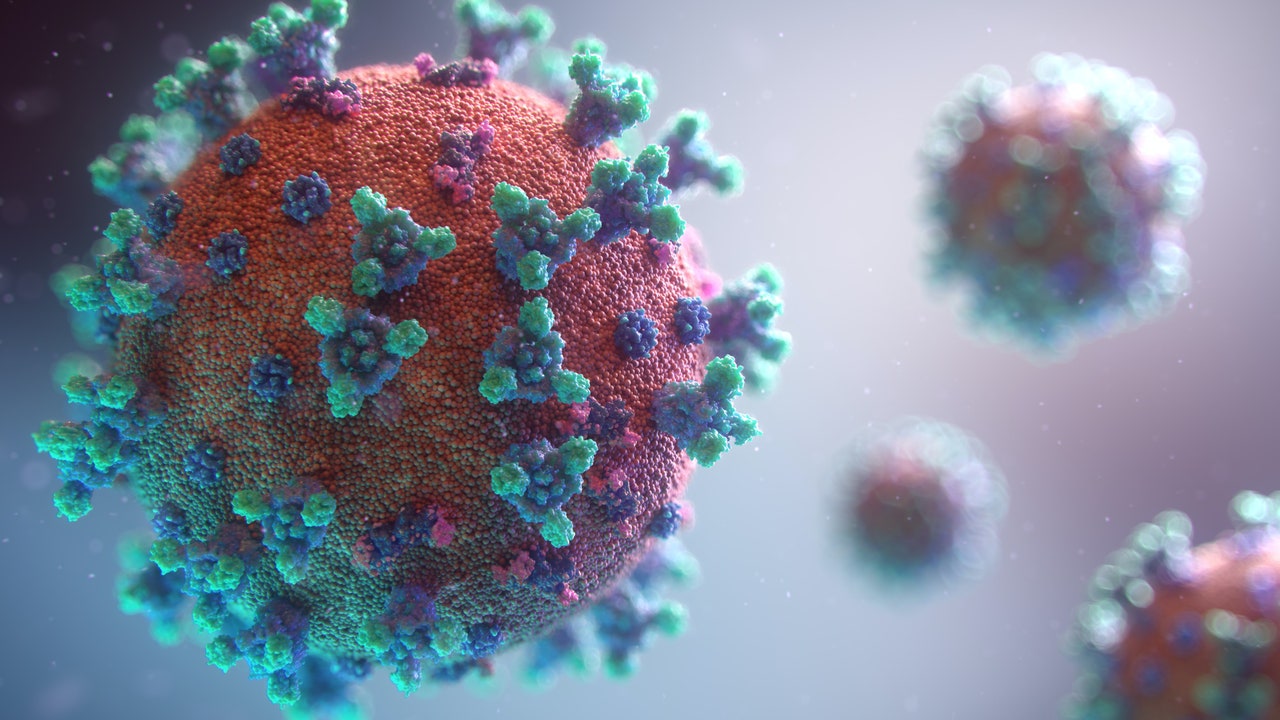A team of scientists is discovering new clues about how some people are avoiding contracting Covid.

Researchers Wellcome Trust Sanger InstituteHe university college (UCL) and Imperial College from London have taken a step further to understand the reasons why some people do not become infected or become ill with Covid-19. Under the heading ‘Challenge of SARS-CoV-2 in humans reveals dynamics of local and systemic response‘, this study was carried out with 36 healthy adult volunteers with no history of Covid who were injected with the SARS-CoV-2 virus through the nose.
Using single cell sequencing, this study led by Rick Lindeboom, Marko Nikolic and Sarah Teichmannstudied immune reactions against infection SARS-CoV-2 in healthy adult volunteers. The researchers closely monitored the blood and nasal mucosa, tracking the entire infection as well as immune cell activity prior to infection in 16 volunteers.
“Seven participants remained PCR negative throughout the quarantine period, indicating that these individuals successfully prevented the occurrence of persistent or transient infection,” noted the study, published in the journal Nature.
This data allowed the team uncover unique immune responses associated with resistance to viral infections and diseases stable. In all participants, the team found previously unreported reactions that led to immediate detection of the virus. This involved activating specialized mucosal immune cells in the blood and reducing the number of inflammatory white blood cells that normally engulf and destroy pathogens.
Individuals who cleared the virus immediately did not experience the typical generalized immune response, but instead developed innate immune responses thin, never seen before. Researchers note that high levels of activity a gene called HLA-DQA2 before infection also helped people prevent long-term infection.
In contrast, six people who developed persistent infection with SARS-CoV-2 They had a fast immune response in the blood, but a slower immune response in the nose, which allowed the virus to establish itself there.
“During persistent infections leading to COVID-19, we observed a new and immediate APR in hair cells at the site of infection. In addition, we found a distinct cellular state for T cells activated common cells containing SARS-CoV-2-specific TCRs, and we demonstrate that this signature can be projected onto patient cohort data to identify disease-specific T cell responses,” the study explains.
The researchers conclude that “this study provides a complete and detailed time-resolved description of the course of mild SARS-CoV-2 infection or any other infectious disease, and provides new insight into the responses associated with resistance to infection and long-term disease.” .
Study of the immune response to Covid-19
Follow us on our WhatsApp channel and don’t miss the latest news and updates from anten3noticias.com.